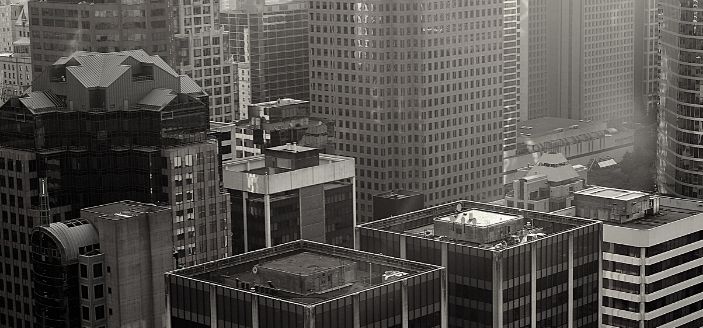17 Jan Rights of an owner of a unit for alterations

Rights of an owner of a unit for alterations
by George Coucounis
“The owner of another unit that is not affected, has no legitimate interest to file a recourse”
THE rights of the owners of the units in a commonly owned building for alterations are regulated mainly by article 38D of the Immovable Property Law, Cap.224, constitute property rights and as such they fall under the scope of the private law. The owner of a unit in a commonly owned building, after obtaining the necessary permit from the appropriate authority, can execute alterations or changes inside his unit, provided that no adverse effect or damage is caused to another unit or the commonly owned building. Article 38D provides that the owner of a unit can carry out alterations, additions or repairs in his unit, provided that: (a) they do not in any way affect the rights of the owner of any other unit nor they affect its enjoyment by its owner, or (b) they do not affect in any way the commonly owned ownership, its smooth functioning or its enjoyment, or (c) they do not affect in any way the walls supporting the commonly owned building, its external walls or any part of its frame or they do not endanger in any way the safety or alter the external appearance of the commonly owned building.
Where the owner of an apartment or other unit in a commonly owned building intends to carry out alterations or additions to it, the application for the issuance of the necessary town planning or building permit, whichever is required, is submitted by the owner of the unit and it is not required to be signed by the management committee or the owners of the other units. In the case of internal alterations to the unit, the owner of another unit has no legitimate interest in filing a recourse against the decision of the appropriate authority, unless he demonstrates that his unit or the commonly owned building is being or will be damaged. In a judgment issued by the Administrative Court on 21.12.2021, the Court examined the recourse filed by the owner of a neighbouring apartment against the decision of a Municipality to issue a town planning and a building permit to the owner of another apartment for changes and alterations therein. The owner submitted an application for a town planning permit for alterations to his two-storey apartment and the town planning committee of the Municipality decided to approve it based on the suggestion of its technical department on usual terms; the issuance of a building permit followed.
The Municipality defended the legality of its contested decisions, emphasizing that the disputed application for the town planning permit did not concern a change of use, but alterations in a two-storey apartment, i.e. inside the unit, while no adverse effect is shown to the neighbour or the commonly owned building from the alterations or changes. Moreover, it was stressed that the case falls under the provisions of the Regulatory Administrative Act 451/2014 where an application is filed directly for the issuance of a building permit and that an attempt was made by the applicant to intervene in his neighbour’s right of enjoyment and disposal of his ownership.
With regard to the issue of the applicant’s lack of legitimate interest which was raised by the Municipality, the Court stressed that case law has recognised that a town planning permit can be challenged if the contested administrative act affects the property of the applicant – neighbour, an effect presumed that it will adversely affect him or his interests. The applicant should clearly state in his recourse that the harm is existing or expected to happen and describe it. In the present case, as stated by the Court, it is not disputed that the applicant is the owner of an apartment and so is his neighbour in a commonly owned building. However, co-ownership or proximity of the applicant’s apartment to that of his neighbour is not a sufficient reason to establish his legitimate interest. The administrative act against which the applicant filed his recourse must affect his property and the effect must be specified in the pleading of the recourse. The applicant has not given any particulars of adverse effect that have exceeded the level of theoretical damage. His allegations were neither probable nor indicative of any adverse effect.
The Court consequently held that the applicant had no legitimate interest, stating that according to case law, administrative decisions determining the property rights of citizens fall within the scope of private law. If the decision indirectly affects the rights of the public, its character remains unchanged, since its primary purpose is to determine the rights of private law and therefore, the Court dismissed the recourses as inadmissible.